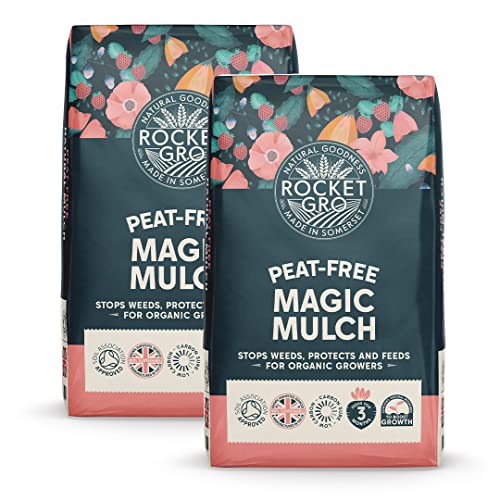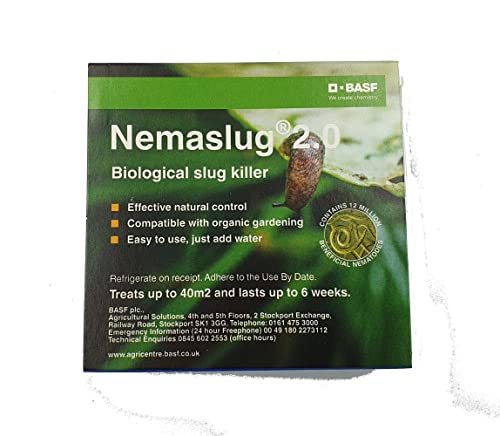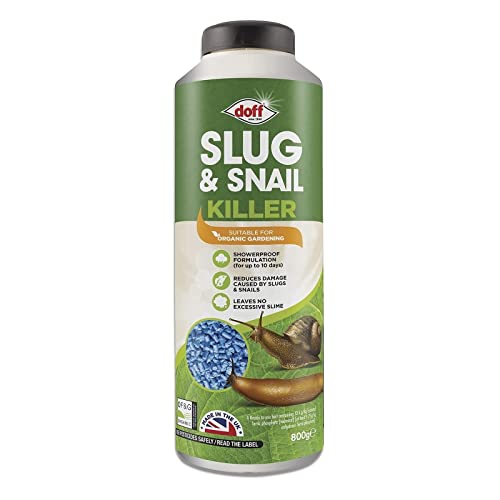6 places in the garden to never use eggshells - it could cause more harm than good
Eggshells might have many benefits, but they're best kept away from these spots

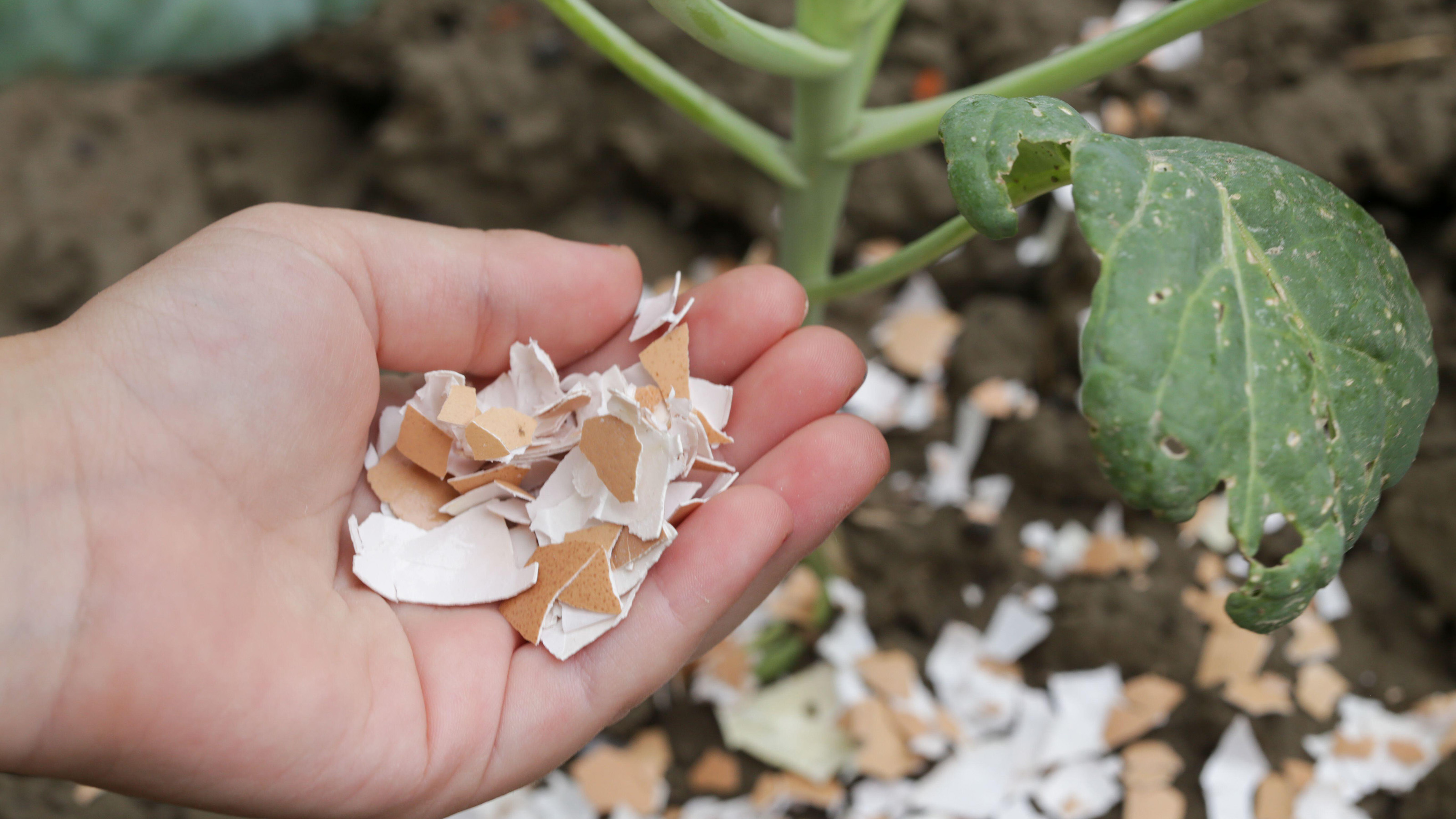
Sign up to our newsletter for style inspiration, real homes, project and garden advice and shopping know-how
You are now subscribed
Your newsletter sign-up was successful
If you're thinking about trying out an eggshell garden hack, it is important to know the places in the garden to never use eggshells.
The internet is awash with a surprising number of ways you can use eggshells in the garden, including adding eggshells to your herb garden, but the benefits are not universal – using eggshells in certain parts of the garden can prove detrimental to some plants and encourage rats.
To help sort the fact from the fiction, I asked the experts for the places in the garden to never use eggshells, and what to use instead.
1. Acid loving plants

One of the most important places in the garden to never use eggshells is around plants that like acidic soil conditions.
Acid-loving plants like blueberries, azaleas, rhododendrons, or camellias should be grown in ericaceous soil, like this Verve Ericaceous Peat-free Compost from B&Q and will not welcome the addition of eggshells to the soil.
'Eggshells are alkaline and can make the soil less acidic, which these plants do not like. Using eggshells around them can lead to yellowing leaves and poor growth because the plants won’t be able to get the nutrients that they need from the soil,' says Julian Palphramand, head of plants at British Garden Centres. If you are unsure of your soil's pH you can easily test it using a Digital pH gauge like this on Amazon.
Eggshells are a popular way to get rid of slugs in the garden, but for acid-loving plants, it is advisable to look for an alternative solution – like this yeast and sugar slug hack.
Sign up to our newsletter for style inspiration, real homes, project and garden advice and shopping know-how
2. To prevent blossom end rot in tomatoes
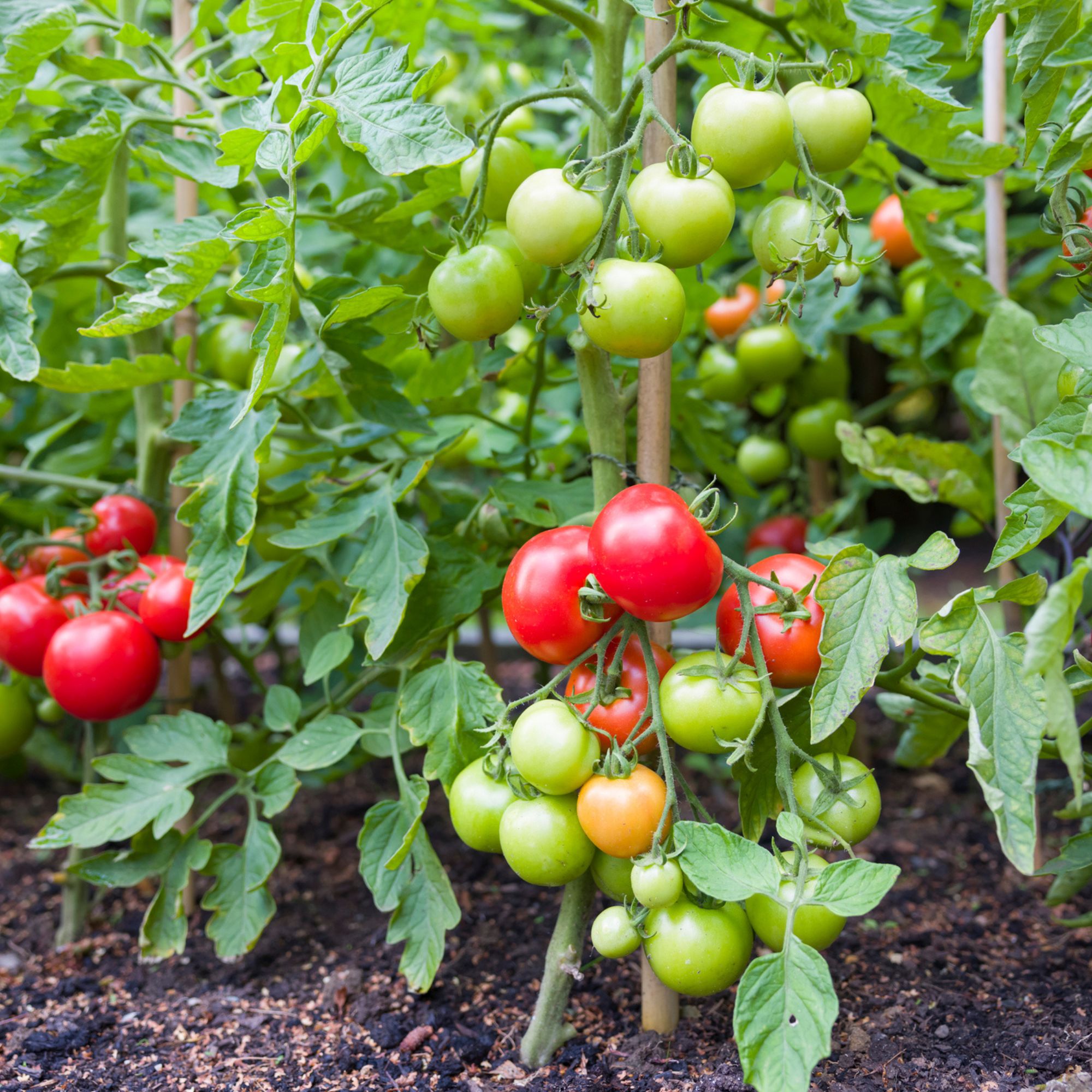
Whether you are growing cherry tomatoes in the greenhouse or growing tomatoes in grow bags, you'll be no stranger to blossom-end rot. There is a popular belief that adding eggshells to the soil will prevent blossom end rot in tomatoes; however, in most cases, this doesn't work.
'The eggshells will add calcium to the soil, but blossom end rot is not actually caused by a calcium deficiency in the soil, instead by the plants not transporting calcium to developing fruits. Blossom end rot can still happen in soil that is rich in calcium, and in most cases it is caused by irregular watering,' says Richard Barker, horticultural expert and commercial director of LBS Horticulture.
Instead, prioritise even watering to prevent blossom-end rot in tomatoes.
3. As pots for fast-growing seedlings
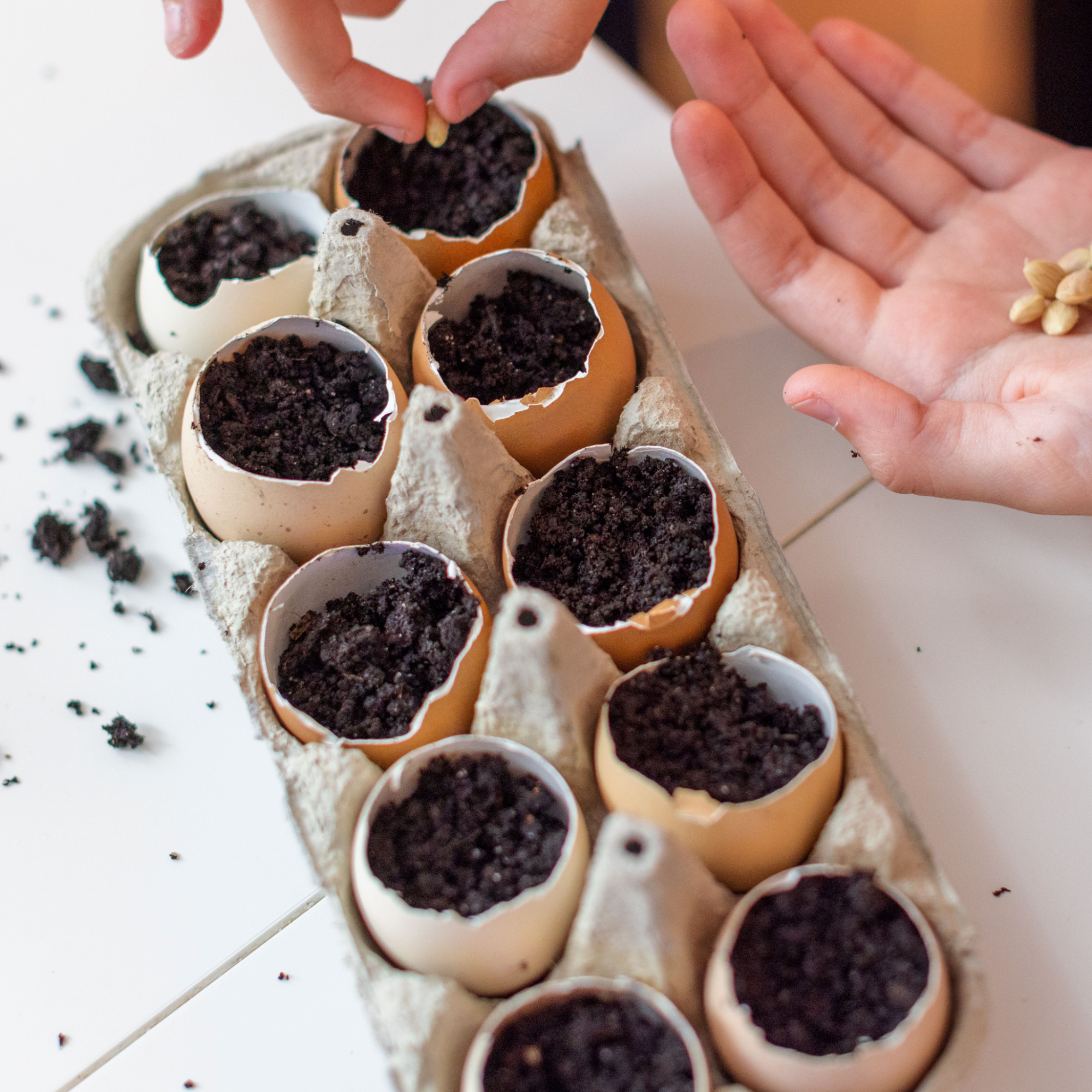
Eggshells can be the perfect DIY seedling pot – ideal for growing cress or even tomatoes – however, it is not a one-size-fits-all solution.
'Avoid sowing seeds for fast-growing or deep-rooted vegetables, such as lettuce, radishes, carrots, or beets, in eggshells. When growing plants like carrots, eggshells are just too small, and the plants’ roots will quickly become crowded. This can cause issues like stunted growth or twisted roots, and some plants may not transplant well after starting in eggshells,' says Julian Palphramand, head of plants at British Garden Centres.
Instead, these are best grown in deep cell root trainers, like these on Amazon, or even directly sown in the ground.
4. Adding whole eggshells to compost
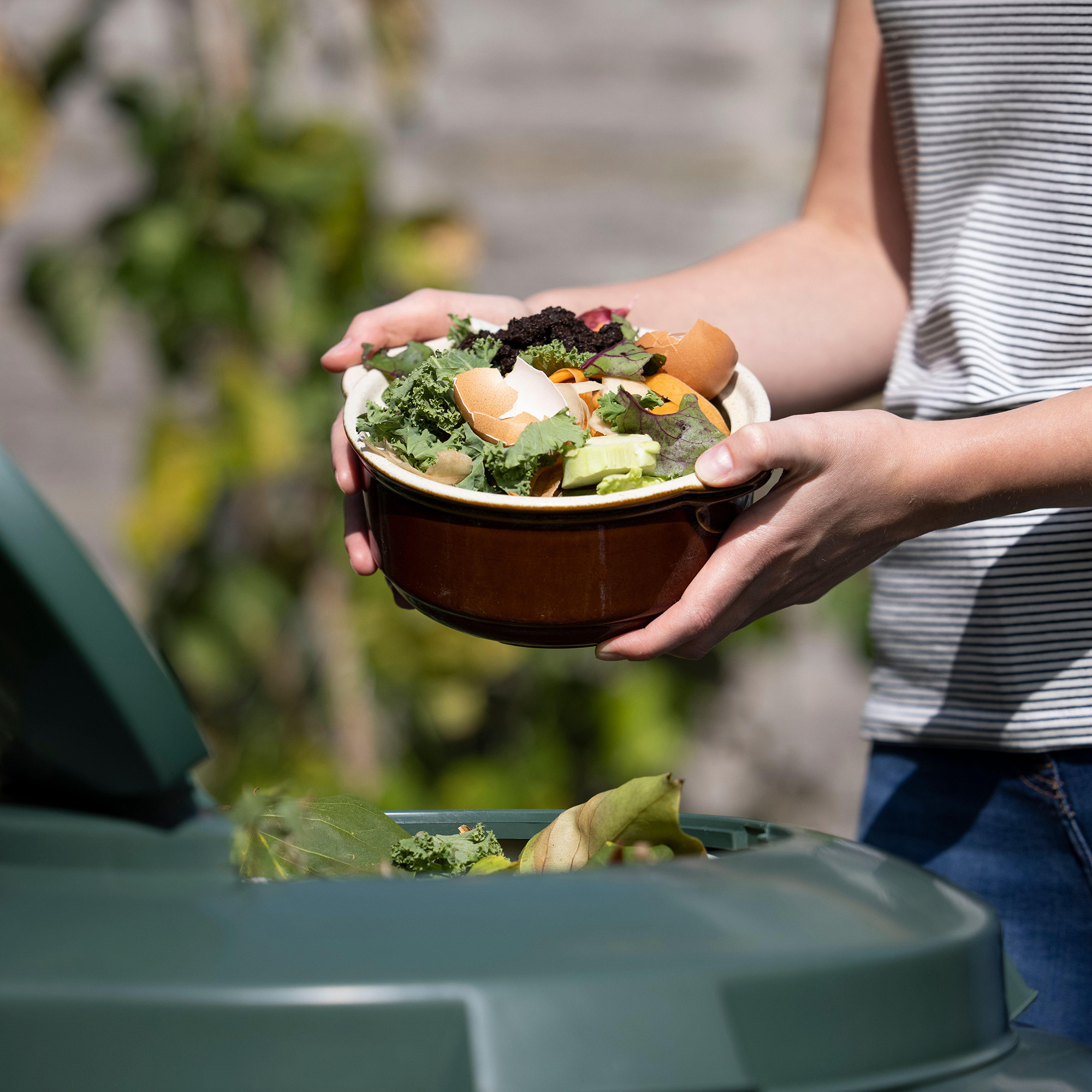
The compost bin is one of the places in the garden to never use eggshells – at least without crushing them up first. Eggshells can be a beneficial addition to the compost heap, but only if added correctly.
You must always wash eggshells before adding them. 'Unwashed eggshells carry lingering odours that can quickly draw rodents to your compost bin,’ says John Stewart, a pest prevention specialist at Pest-Stop – this is why unwashed eggshells are one of the things you should never put in a compost bin.
You should also try to make them as small as possible, as full eggshells can take up to a year to degrade. Crushing them up – either with a pestle and mortar or in a blender can speed up the process and ensure that the beneficial calcium is actually integrated into the soil.
'Eggshells will add calcium and various other micro-nutrients to your compost to ensure it has a good nutrient profile,' says Craig Morley, gardening expert at Budget Seeds. 'They may also be beneficial for worms as they need grit to digest their food.'
5. Blue hydrangeas
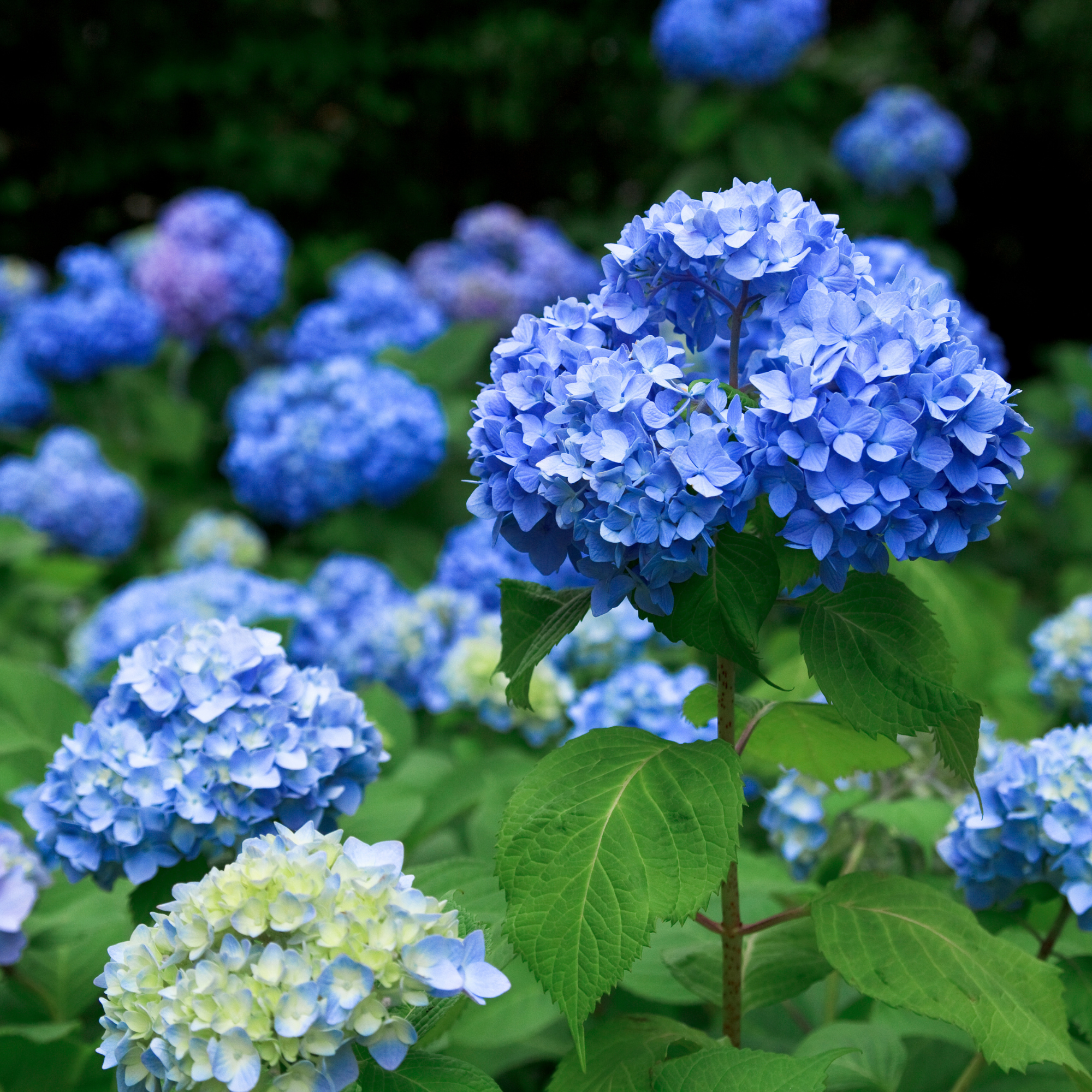
Hydrangeas are one of the plants that slugs love, so you may be tempted to use eggshells to deter them. However, if you love the rich sea-like colour of blue hydrangeas, you should never use eggshells under hydrangea plants.
The colour of Bigleaf hydrangeas (Hydrangea macrophylla) – such as Early Blue available on Crocus – blooms depends on the acidity of the soil. Soil with high acidity results in blue blooms, neutral soil produces purple and alkaline soil creates beautiful pink flowers.
Since eggshells reduce the alkalinity of the soil, they can also reduce the potency of blue blooms.
If you have already made this mistake, then you'll be relieved to know that you can change the colour of hydrangeas with a tea bag.
Instead, consider using nematodes to prevent slugs from destroying your hydrangeas.
6. Organic gardens
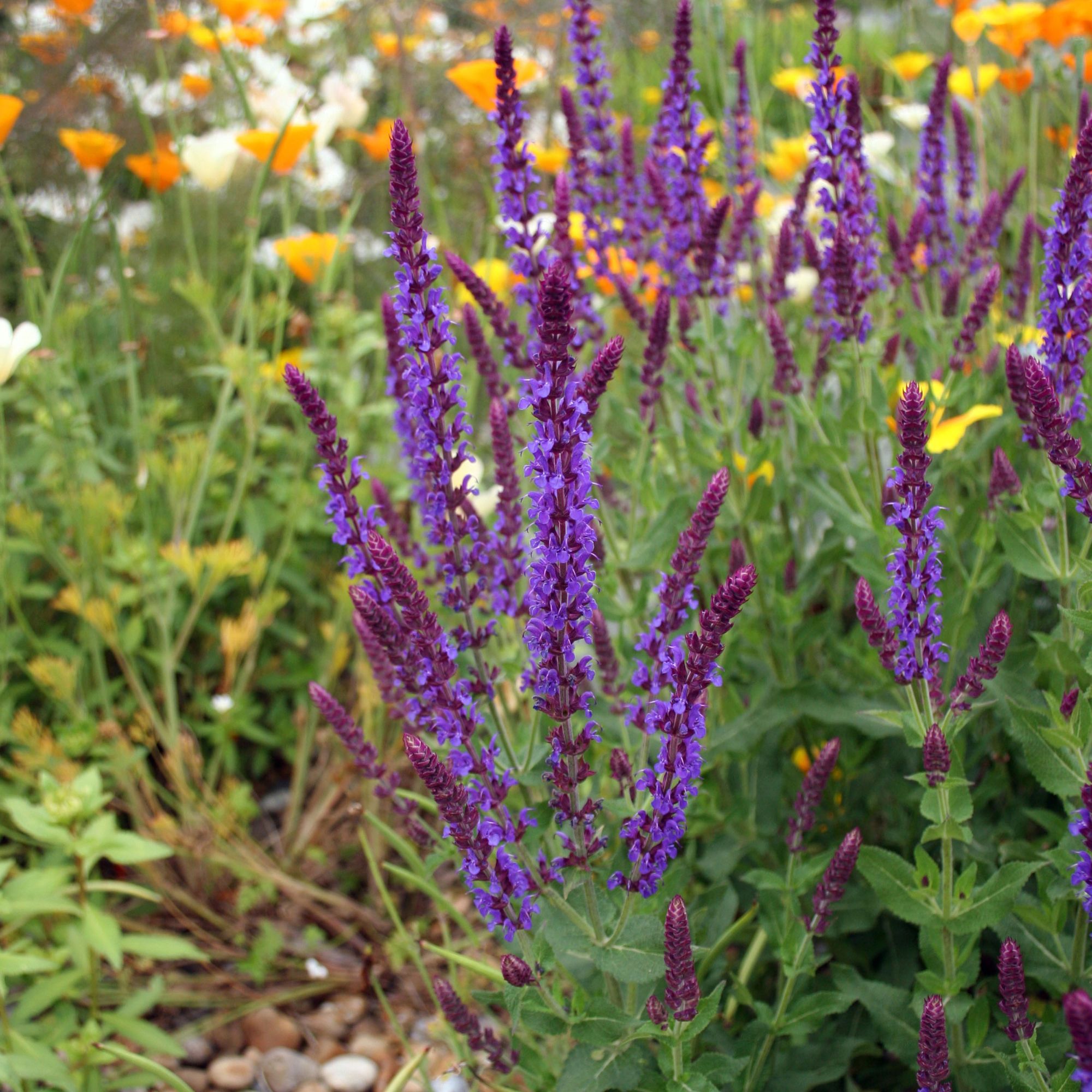
Eggshells are often touted as a budget-friendly garden idea to help control slugs. However, if you are embracing sustainable garden ideas and are prioritising organic gardening, it might be a good idea to avoid eggshells in your garden.
'Commercially produced eggs are often laid by hens living in poor conditions. They are treated with antibiotics and deworming medication, which could also be present in the eggshells – so this is also something to think about,' explains Ashley Edwards, head gardener from Crocus. 'The key to healthy soil is adding free-draining, organic matter as a mulch.'
Of course, if you are raising your own chickens – this is less of a concern.
What to use instead
FAQs
What plants don't like eggshells in the garden?
Acid-loving plants don't like eggshells in the garden. Over time, eggshells will increase the alkalinity of the soil – something that is detrimental to the health and well-being of plants that thrive in ericaceous soil.
Acid-loving plants that don't like eggshells include:
- Blueberries
- Azaleas
- Rhododendrons
- Camellias
- Some Hydrangeas
Do crushed egg shells deter slugs?
Crushed eggshells can deter slugs, but they aren't a guaranteed solution.
'Although many people swear by using crushed egg shells to deter slugs and snails, studies have shown it has little to no effect,' says Ashley Edwards, head gardener from Crocus.
If you are planning to use eggshells to deter slugs, it is advised to use them in conjunction with another method, such as beer traps or nematodes. If using eggshells, always ensure that they are cleaned thoroughly.
However, for plants that are negatively affected by the addition of eggshells to the soil, you should look for other slug deterrents.

Holly is one of Ideal Home’s content editors. Starting her career in 2018 as a feature writer and sub-editor for Period Living magazine, she has continued this role also adding regular features for Country Homes & Interiors and the Ideal Home website to her roster. Holly has a passion for traditional and country-inspired interiors – especially kitchen design – and is happiest when exploring the countryside and hills of the Lake District. A keen gardener, she is a strong believer that you can never have too many houseplants.
